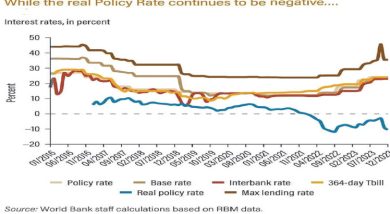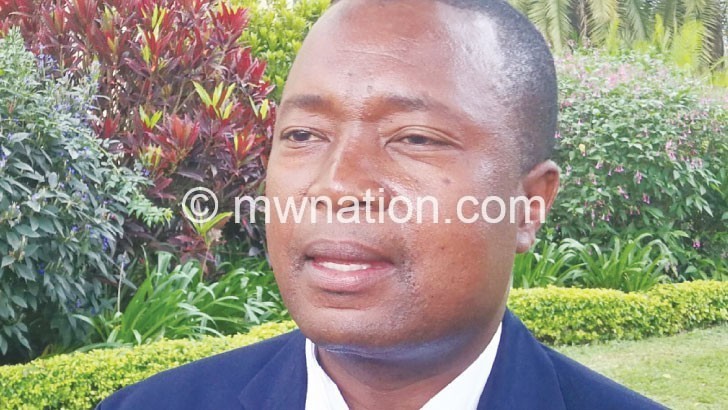Kwacha troubled Currency, says RBM
The Reserve Bank of Malawi (RBM) has listed the kwacha among a group of currencies under severe pressure in the sub-Saharan Africa (SSA) region.
The central bank said this in its February 2021 market intelligence report.
The kwacha has in the past months depreciated against major trading currencies due to increased demand for foreign exchange against less supply on the market.

Exacerbating the fall of the kwacha is the lean season, a period where there is less foreign exchange flowing into the market against huge demand for the hard cash.
Reads the report in part: “The Malawi kwacha is also among the currencies in the SSA region which remains under pressure as demand for foreign exchange continues to surpass its supply.”
At the end of February 2021, the kwacha lost 0.6 percent against the dollar compared to the end-January position.
Annually, the RBM calculates that the kwacha lost 6.2 percent against the dollar between February 2020 and February 2021.
However, the bank observes that the pressures being experienced against the kwacha are fairly more subdued than those of currencies of most of the selected SSA countries.
It says the year-on-year, exchange rate developments in February 2021 indicated that the rand and Namibian dollar appreciated by 14.6 percent each while the Botswana pula and the Ugandan shilling appreciated by 7.2 percent and 6.2 percent, respectively.
“Meanwhile, the Zambian kwacha, the Angolan kwanza, the Mozambican metical, the Nigerian naira, the Rwandan franc, the Kenyan shilling and the Tanzanian shilling registered year-on-year depreciations of 24.7 percent, 17.3 percent, 5.9 percent, 5.7 percent, 5.2 percent, 3.3 percent and 0.6 percent in February 2021, respectively,” says the bank.
Commenting on the kwacha movement, economist Donasius Pathera in an interview on Tuesday said currently, it is impossible for the local unit to perform well against other currencies as the economy is facing a number of shocks.
“As of now, the financial markets are experiencing dramatic volatility with the currency market in particular recording significant movements.
“The kwacha is becoming a high risk currency with so many shifts being noted,” he said.
Another economist Farai Chigaru said it was not strange to see the domestic economy experiencing the current exchange rate instability, citing Covid-19 shock.
“However, on the brighter side, this depreciation would imply higher exports and consequently increased aggregate demand,” he said.
But Nico Asset Managers expects the kwacha depreciation to be moderate.






One Comment